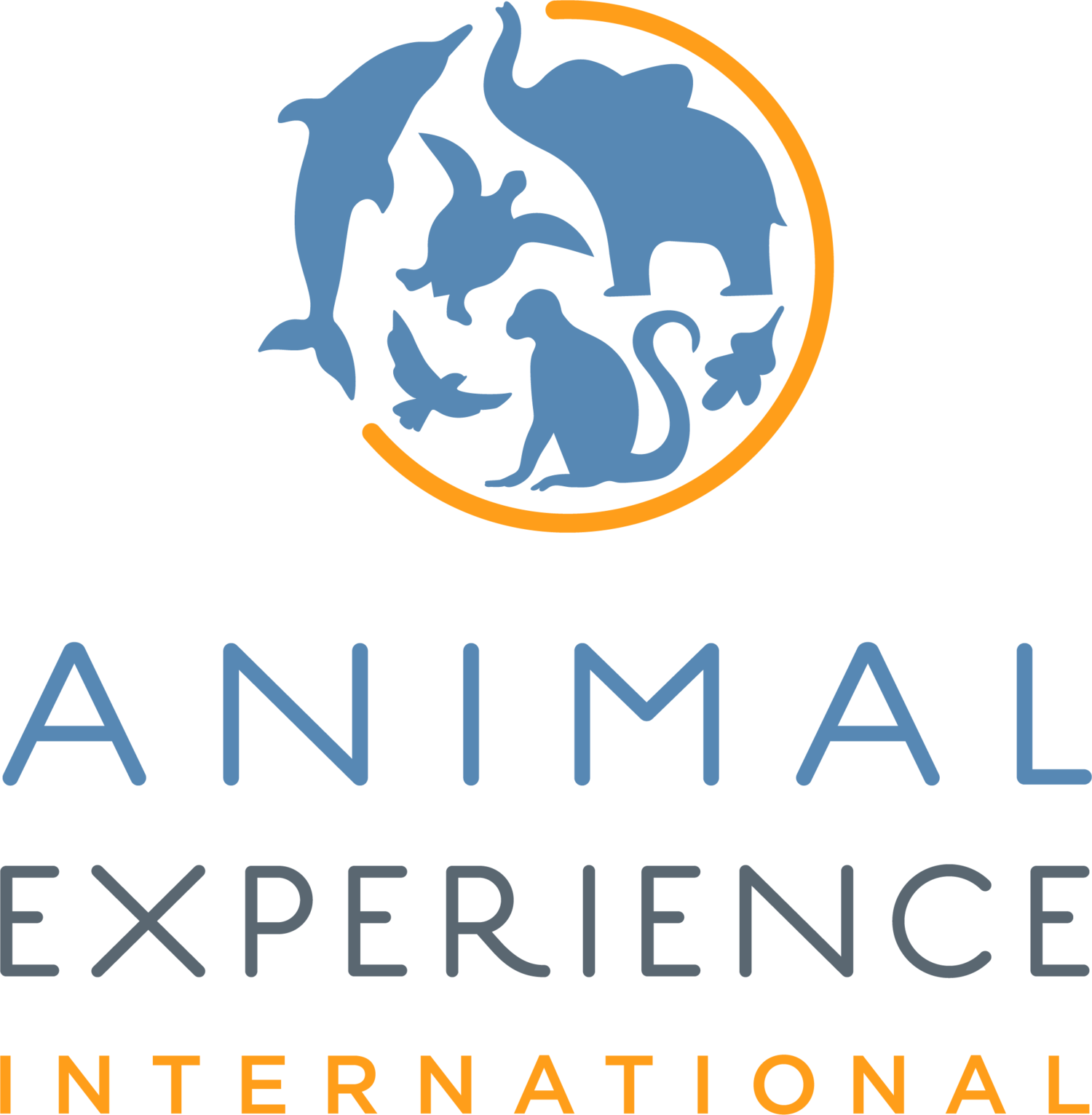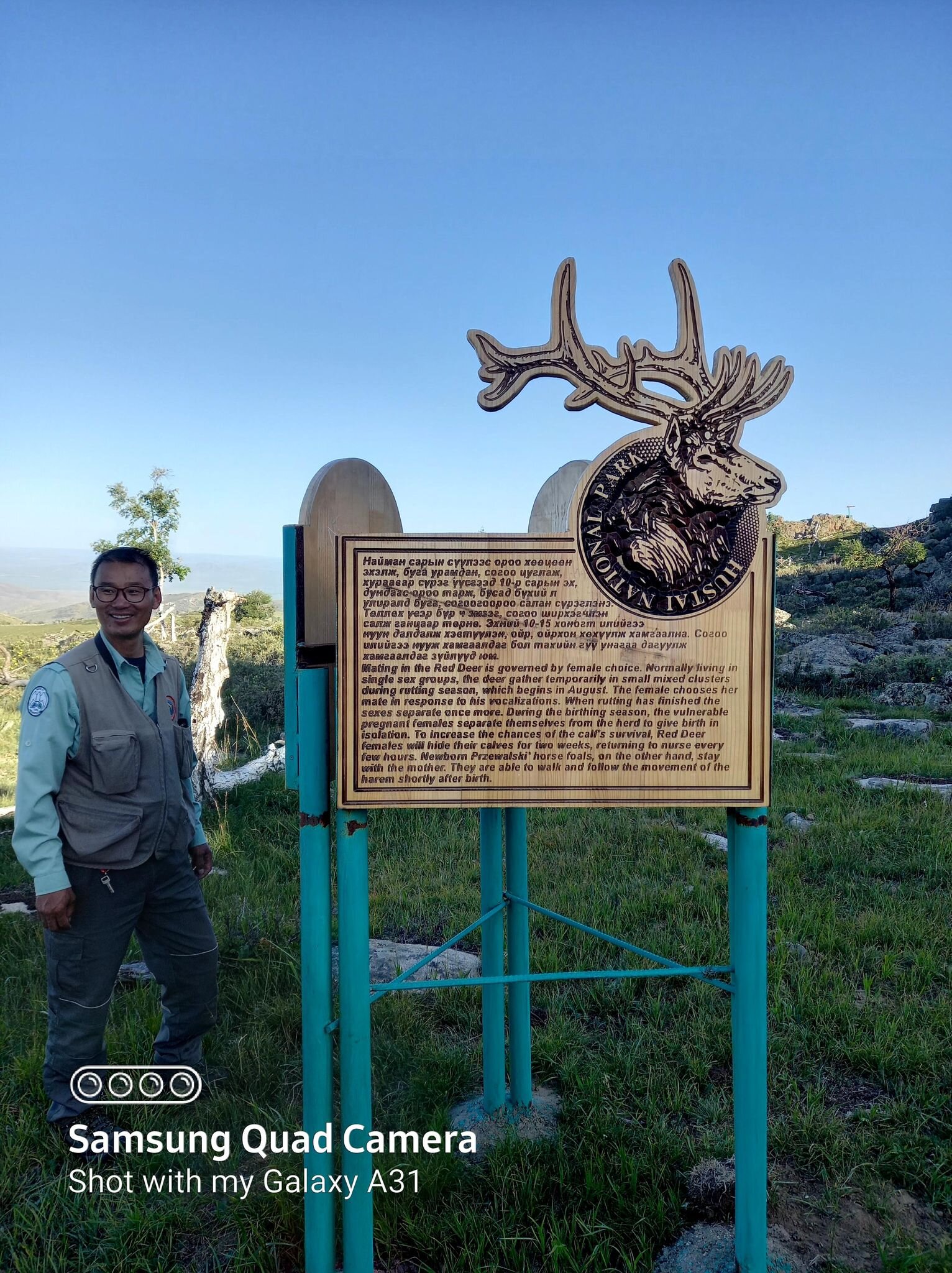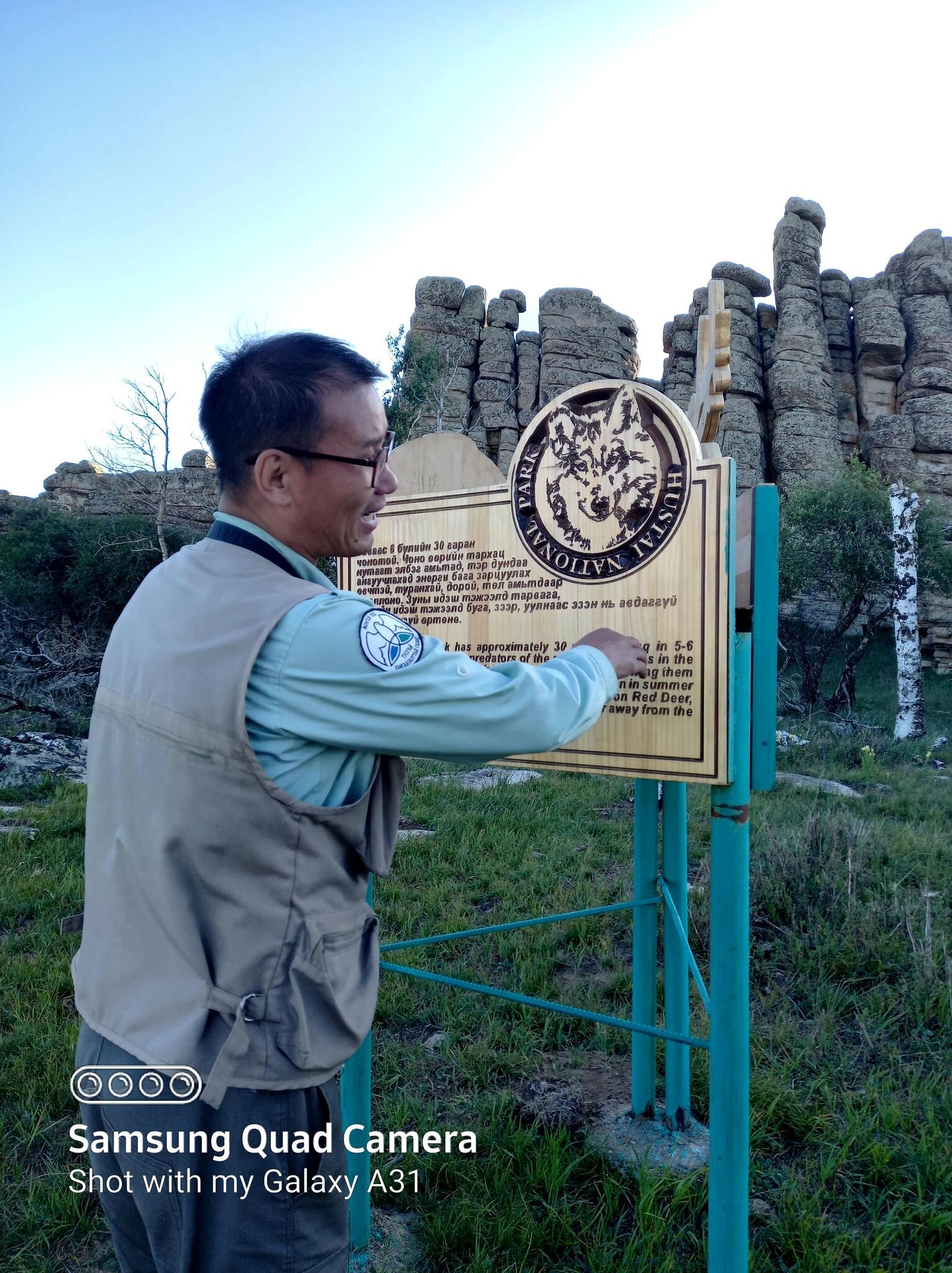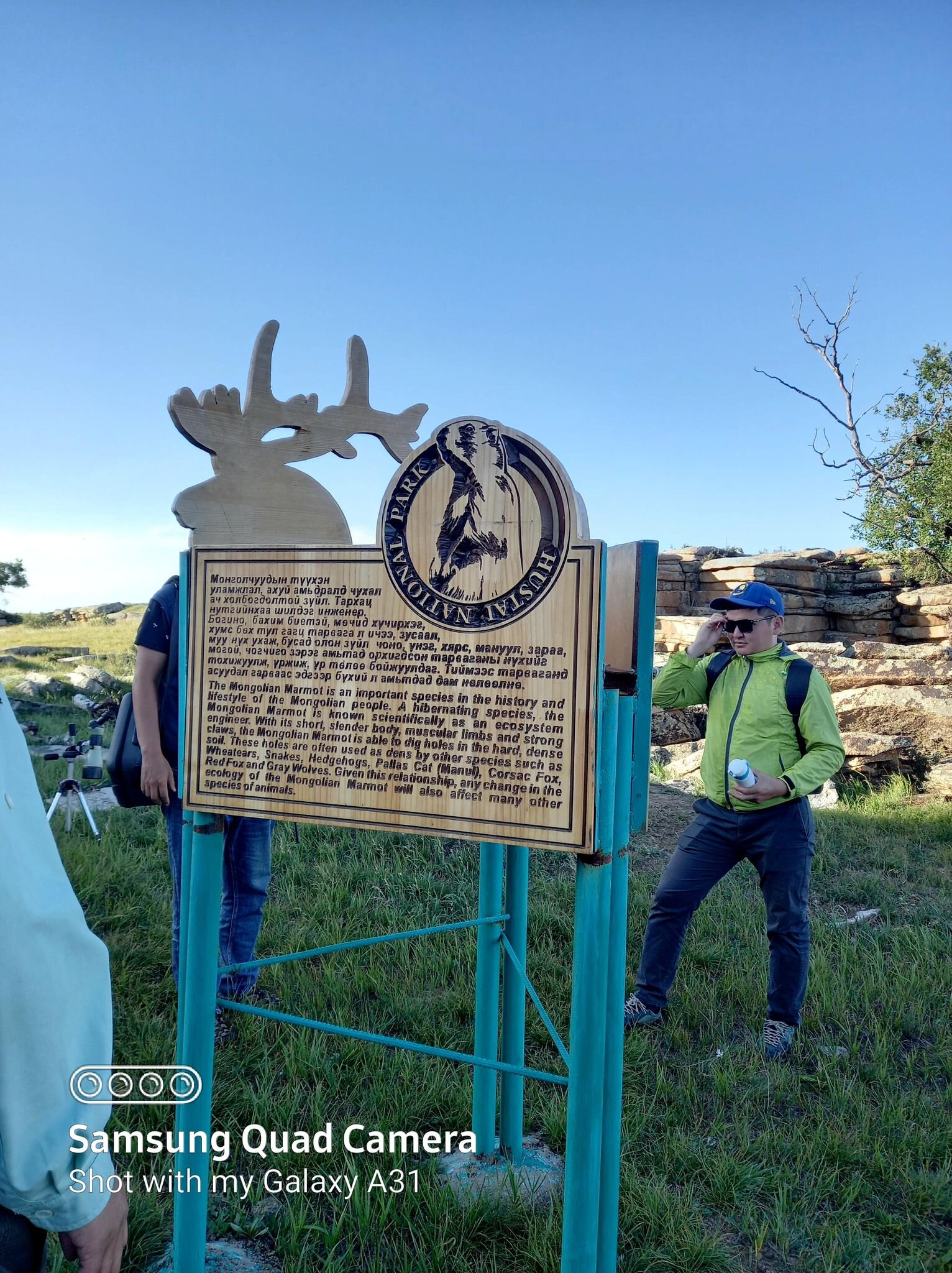Looking at the 5 universally accepted rights required to protect animals’ welfare is vital to assess whether an animal benefits from its living situation. Animal sanctuaries typically aim to meet these rights as closely as possible, whereas zoos may neglect some elements on the premise of profiting economically.
All About Elephants!
Elephants - the largest land mammal on Earth and incredibly intelligent creatures. Elephants are highly social animals, living in matriarchal groups, with the matriarch (usually the oldest female) making the decisions for the herd. Male elephants leave the family group after adolescence to join bachelor herds or live on their own. Elephants are socially complex, seeming to understand how other elephants are feeling, demonstrating empathy, assisting each other and even mourning their dead.
African elephants and Asian elephants may live on different continents, but they are very similar in behaviour and appearance. African elephants tend to be larger, have bigger ears, a rounder head and a concave back compared to their Asian cousins. African elephants can live to be 70 years and Asian elephants can live up to 50 years in the wild.
Seeing an elephant for the first time, you will instantly understand why they are respected and revered - and at times feared. Elephants are massive, and they are incredibly strong. Adult males weigh up to six tonnes, while male Asian elephants can weigh up to five tonnes. These giants are vegetarians, eating a wide range of plant material, including grass, leaves, woody parts of trees and shrubs, roots, flowers and fruits when available. An adult needs to eat up to 150 kg (330 lbs) of food a day – that’s 50 tonnes a year!
Trunks and Tusks
Their most notable feature, their trunk, is an extension of the upper lip and nose, and is used for breathing, smelling, touching, grasping and producing sound. Baby elephants will even suck on their trunk to soothe themselves, like children will suck their thumb. The trunk is very muscular and a male elephant can use their trunk to lift a load of more than 250 kg. That's over 550 lbs! Their distinctive tusks are actually long upper incisor teeth, and are used as a tool to dig for food or water and to strip bark from trees. Tusks are also used as a weapon during fights with rivals, and by males to court females who appreciate larger tusks in their partners. Both male and female African elephants have tusks, while only some male Asian elephants have them. Female Asian elephants have shorter tusks called tushes.
Threats to Elephants
Ivory, which refers to the tusks, has been long treasured by humans, and is used to make luxury goods like jewellery and carvings, piano keys and billiard balls. Ivory is one of the main threats to the survival of the elephant species, as elephants are still hunted for their ivory tusks despite international bans and regulations. Asian elephants also face threats from tourist attractions where people pay to ride on their backs or to be entertained by performances. The hidden truth is that to make elephants submit to elephant rides and other human interactions, they are taken from their mothers when babies and forced through a horrific training process that essentially breaks their spirit. And the ongoing treatment of captive elephants is often appalling. As if this wasn't enough, elephants are also losing their habitats through the destruction of forests and the development of land. Elephants need large spaces in which to live and this loss has threatened their survival and pushed them into more conflict situations with humans.
We have the power
We have the power to help protect elephants. As tourists, as consumers and as animal lovers we can ensure we are not contributing to these problems and that we are actively supporting change. When traveling, or at home, do not buy or sell products that contain ivory. Do not support attractions that offer elephant rides or shows, and instead look for organizations that commit to offering elephant experiences with a high standard of elephant welfare and conservation, with responsible viewing of elephants in wild or semi-wild habitats.
Animal Experience International has taken a stand by pledging not to sell or promote cruel elephant activities, and to help to avert future crises by making this the last generation of captive elephants used for entertainment. AEI volunteers help at an Elephant Sanctuary in Thailand that provides refuge for rescued elephants, allows the elephants opportunities for normal socialization and upholds a high standard of care. You too can join the team and help provide care for these amazing creatures!
Virtual Volunteering WIN!
During the summer we teamed up with Fanimal to help get more people remotely volunteering on international programs (https://fanimal.online/how-to-virtually-help-all-animals-remotely/).
What kind of volunteering: some looked through camera trap photos to identity animals, others took over social media for a month and others helped with translation and editing. Often times centres need their plaques and guidebooks to be in English. Many centres we work with have non native English speaking scientists who can translate documents from their native language to English but need native English speakers to look over everything and do some edits.
A brilliant and wonderful volunteer helped edit these signs to make sure they were 100% correct and 100% AP style guide approved. Now these conservation plaques will be up for years and years and help THOUSANDS of visitors to Mongolia understand the natural history of the area.
How cool is that? If you want to help with translation or anything else that can take place remotely, let us know! We can’t wait to help more animals with your help.
Covid-19 and Travelling to Thailand
We have recently had some people postpone their trip to Thailand due to Covid-19 and fears of infection.
Let us say, this is a high stress time with misinformation swirling around quite a lot. We are really happy to be able to be able to talk more about Covid-19 because we believe with more information we all can make better decisions about travel. Remember all media can be divided up into three categories: what we know is true (science based fact), what we think is true (how we interpreted those facts) and then speculation/ opinion. When you are reading about Covid-19, travel and really anything at all, it’s important to be critical about the publication, the author, the bias and the ‘facts’. Its important to look for articles that states their sources and reference trusted sources. The World Health Organization: trusted. My Uncle Jimmy who posts an unreferenced photo of an unnamed market in an unnamed country: not trusted.
We have been watching this outbreak as well and have been in constant contact with our group in Thailand to see what things look like on the ground. Currently, the Covid-19 virus has been reported in Thailand, with a total of 40 people infected. 13 of those have been new infections in the last month. Currently, there are more people in the United State of America that have been infected with Covid-19 than in Thailand. Thailand, with it's high level of development, health care and massive emphasis on tourism is in a unique position that they have been able to keep travelers and residents protected from outbreaks.
Thailand is Asia’s most prepared country in the event of an epidemic, as ranked by Johns Hopkins University, and sixth out of 165 countries globally. Thailand ranked second in having a robust health system capable of treating the sick and protecting healthcare workers. It was ranked third in the prevention of the emergence or release of pathogens.
Currently we follow the World Health Organization and the government of Canada travel advisories and both have not changed how they rank travel to Thailand. Neither of them have warned that travel to Thailand would be dangerous or put you at risk of Covid-19. We have no reason to believe that travel to Thailand would be dangerous at this time. If things change, of course we will alert our travellers and we will be able to change their trip. However, knowing how well prepared Thailand is and how well they have kept their people and travelers safe in past pandemics (SARS, H1N1, etc), we and global experts have no reason to believe our travelers will be at a higher risk of contracting Covid-19 if they travel to Thailand.
It is also important to note that our wildlife and elephant centre is 2,464 km away from Wutan province, where the Covid-19 outbreak originated. This is the same distance from Toronto to the south of Cuba. Travel has been banned and restricted in China and between China and most other countries which is why we are seeing very few reports of Covid-19 in places outside of China.
We are cautiously optimistic that the vaccine that is being tested now will bring safety to even more people in the coming months.
Is Covid-19 scary to read about? Yes it is. But so are other viruses and diseases that we have now become blind to: rabies, malaria, zika, etc. So before you cancel your trip because it seems like Covid-19 is dangerously everywhere, please contact us so we can discuss with you more details about it. Hand washing continues to be the best way to stop the spread of infection so no matter if you travel or not, please wash your hands.
We really recommend listening to the podcast: Science Vs. They do a science based breakdown of Covid-19 that could really help clear a lot of the misinformation. We really like this source because they have a huge number of citations that you can go through yourself. They have a new episode they released in March: Science Vs. Corona Virus Updated.
UPDATE: Here is the most recent statement from our partner in Thailand:
We are following news updates of the virus and advice of health professionals on how to best deal with the situation.
There have been 19 confirmed cases of the virus in Thailand and 1000’s more around the world, mostly in China but also in the UK, France, Germany, Italy, Sweden, Finland, Australia, Canada, the USA, among others. There have currently been no fatalities outside China. The virus can only be fatal in humans with underlying health conditions, the elderly and the young.
Luckily, our centre is not within an area where we see a large number of Chinese tourists. However local beach resorts of both Cha am and Hua Hin are busy tourist destinations so we recommend avoiding visiting these places and if volunteers do visit these places they are advised to where a mask. Volunteers are also advised to avoid any unnecessary contact with other humans and regularly wash their hands.
We recommend that volunteers do not fly through Mainland China prior to coming to Thailand.
While at the airports, using public transport, or other heavily populated areas we recommend wearing a mask and avoiding any unnecessary contact with other humans.
We think the risk of coming into contact with the virus while at the centre is less that it would in any other country in the world who have already seen the virus. It is no different to attending school, work or visiting your local shopping mall.
We hope that world leaders and health authorities deal with the spread of the virus around the world fast and effectively.
Please let us know if you have any further questions
Traveling During a Climate Crisis.
A Discount for Your Donation!
It’s the time of year when our thoughts turn to giving – bringing happiness to others and spreading holiday cheer. We want to thank you for all the great things that you do and for all the lives that are touched by your kindness. Inspired by the tremendous generosity we saw on Giving Tuesday, we thought why not make every day in December a giving day? We would love to help you give the gift of travel to yourself in 2020!
Simply make a donation in December to ANY animal or environmental charity and Animal Experience International will thank you by giving you a discount on your fees! Share the love, spread the joy, help the world and make a difference for animals! In our busy lives, we can sometimes forget that the simple act of giving can have powerful effects. Our little ripple can lead to a tidal wave of change. And we want to help you, help important organizations around the world!
It's as simple as donating what you can to ANY conservation group you love, such as Latin American Sea Turtles, Nature Canada, Greenpeace, Lilongwe Wildlife Trust or your local animal shelter - then emailing us a copy of your receipt. We will then thank you by giving you 10% off your fees!
Make 2020 your year of adventure. Continue to make the world a better place by traveling on an AEI adventure, meeting new friends and lending a hand to an amazing animal organization!
*Discount applies to new applications only, submitted to Animal Experience International on or before January 15, 2020. Financial donations to the charity of your choice must be made between December 1, 2019 and December 31, 2019.
Give travel to your friends, your family and yourself!
Last month we were mentioned in the New York Times article when Airbnb announced they would be helping people experience animals! Working with local animal programs you can go check out sea turtle programs or the day, have tea with ponies and visit with penguins. We LOVE this idea especially because World Animal Protection is behind them making sure all these experiences meet pretty high ethical and humane standards. No swimming with dolphins over here!
We also love this idea because it gives people the opportunity to dip their feet into the water of animal welfare and care so they can sign up for a longer experience with us later. Go visit animal welfare programs and wildlife rescue centres, see if you like them and then come volunteer with AEI! Why not?
Last month when I was in South Africa I tried an Airbnb experience to see how they operated and I was delighted! I went to the Cape of Good Hope with a woman that used to be a park ranger. She knew all the beautiful places to hike and was able to point out loads of animals I wouldn’t have even noticed!
Do yourself a favour, read the article, get better acquainted with animal adventures and then send us a message! Tis the season to give memories instead of things.
Give ethical and safe animal adventures to your friends, your family and yourself!
The Weather Outside is Frightful
The snow is falling, the air is cold and it's hard to remember that there are animals (IN VERY WARM PLACES) that need our help. Sea turtles in Costa Rica, wildlife in Malawi, dogs in Mexico.... all of them are being rescued by locally lead and run programs that could use a helping hand. We aren't looking for vets or doctors, we are looking for people to help and support local vets and doctors. We are looking for people like you who can go to the (WARM) plains of Southern Africa and help cut up fruit for baboons. We are looking for families like yours, who can walk on the (WARM) beaches of Costa Rica to replant mangrove trees. We are looking for people like you and your friends who want to help with the socialization and rehabilitation of rescue dogs in a (WARM) city in Mexico. Basically, we want to help you help animals and since we are Canadian too, we want to make sure you are warm doing it. Stay cozy, volunteer with animals this winter.
Tigers and crocodiles and baboons- need your help!
Around the world, we have seen a decline in people travelling. There are many reasons for it but understanding the complex reasons don’t help the teams who are working around the clock to help animals. What will help is your time. We have local vets on the ground who are doing everything they can to save wildlife from trafficking. They are rehabilitating sick, injured and orphaned animals, releasing them as quickly as possible to help support the ecosystems that these animals are important members of.
How do you fit in? You can help support the vets by volunteering to do husbandry! These animals need to be fed, cleaned and given enrichment and support every single day. You can do that! And by doing that, you take these tasks off the plate of the vets. They can give better medical care to the animals, care for more animals and in turn release more animals. Cutting up 4lbs of bananas may seem easy, and it is but its vital to the survival of orphaned howler monkeys. Sweeping leaves out of an enclosure may seem easy, and it is but it’s crucial for the rehabilitation of antelope. Stuffing seeds into pre-drilled sticks may seem easy, and it is but it’s deeply important for the psychological care of wild birds before they are released back into the jungle.
We don’t need vets. There are vets on the programs. We need people to support the vets. To take part in easy but incredibly important feeding, cleaning and enrichment tasks. The more volunteers helping with these tasks, the higher the quality of life is for these animals, the more time the vets can focus on medical care and the sooner the animals can go back to their homes in the forest.
If you can volunteer in 2019, we will give you $100 off your fees. We need your help to help those helping animals.
So please, apply today.
Expedition 2020: Nepal
This will be our 4th Expedition and this time we are going to the roof top of the world! Come with us to Nepal for 10 full days of volunteering with dogs, visiting UNESCO World Heritage Sites, hiking through terraced fields and taking part in the most wonderful of days: Kukur Tihar. That's right, we will be in Nepal for the blessing of the dogs! We will be arriving in Kathmandu on November 10th 2020 and staying for 10 full days!
Included: carbon balancing, all accommodation, meals, in-country transportation, access and admission to all UNESCO sites, fully guided day trek, full volunteer fees and donations to dog rescue centres. $2495 Canadian.
Want to learn more about Expedition Nepal?
AEI empowers animal lovers, students, professionals, and adventure seekers to travel and make a difference by volunteering with animals.
Our exceptional experiences are safe, ethical and unforgettable. Join our team of international volunteers and explore the world while doing what you love. It doesn’t matter who you are, we will help you make a difference.








